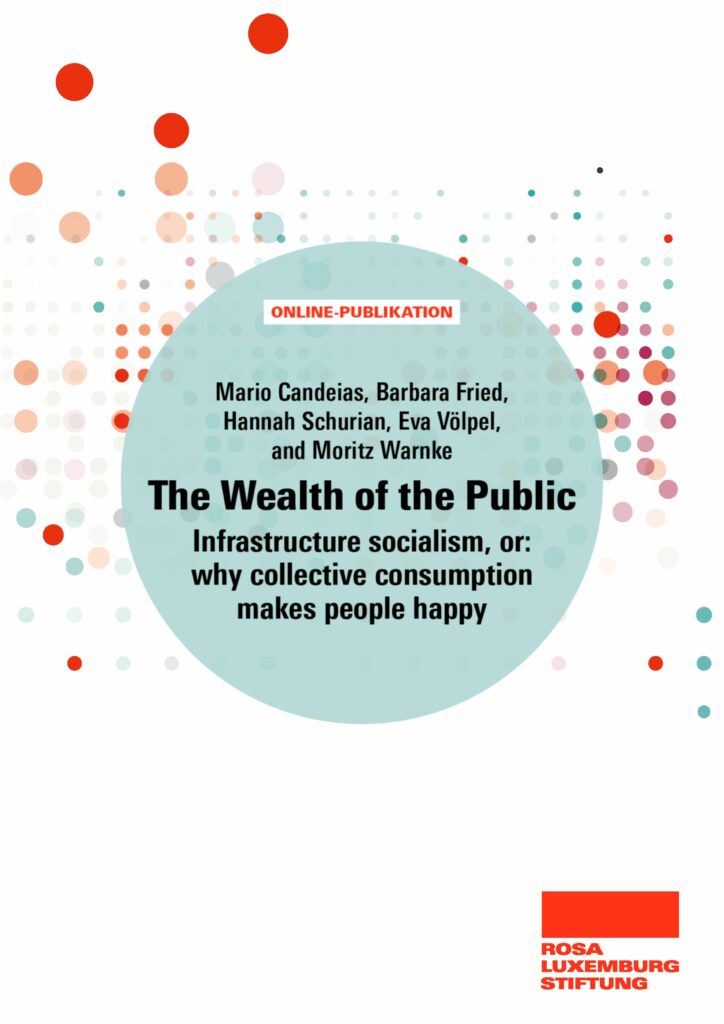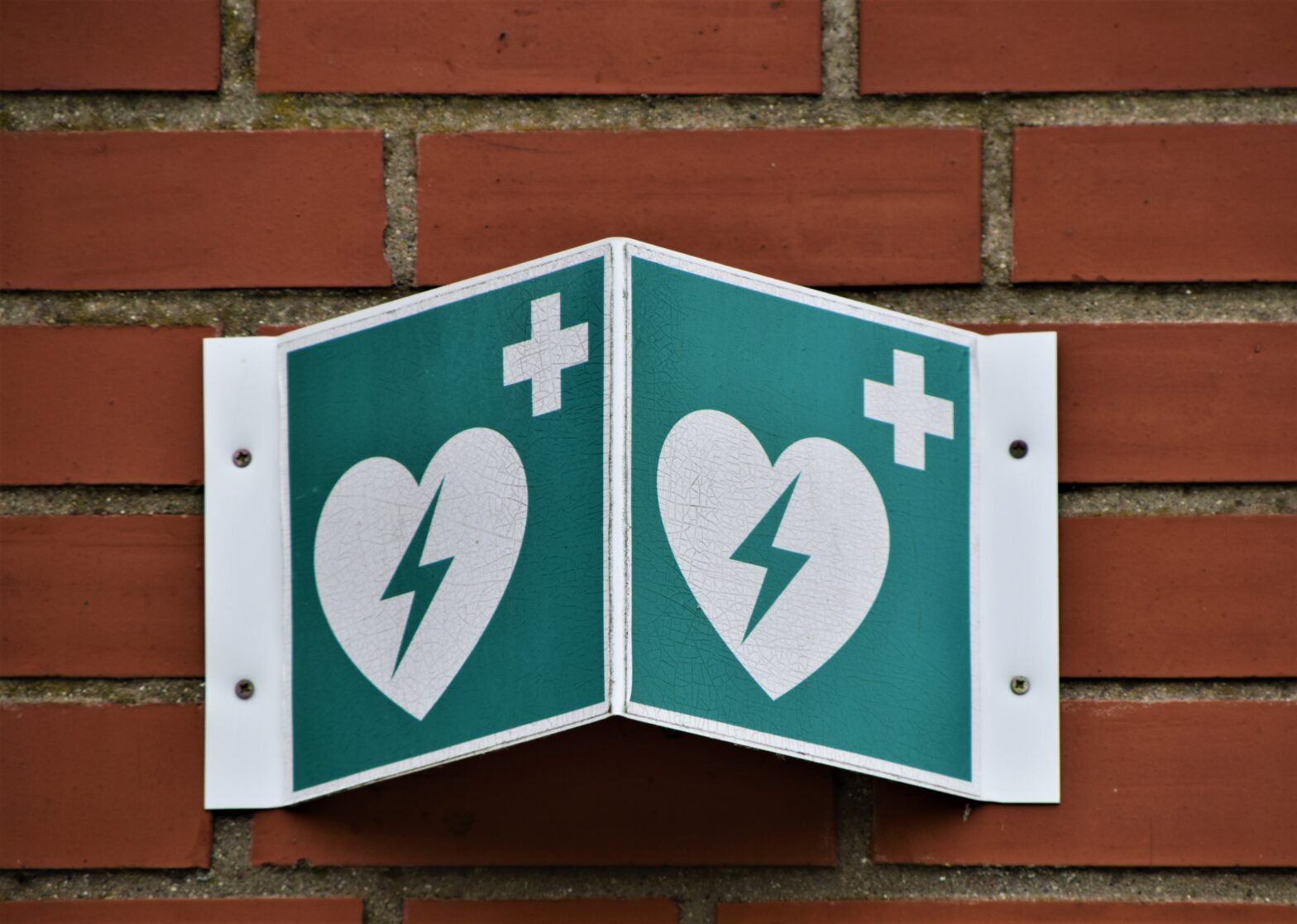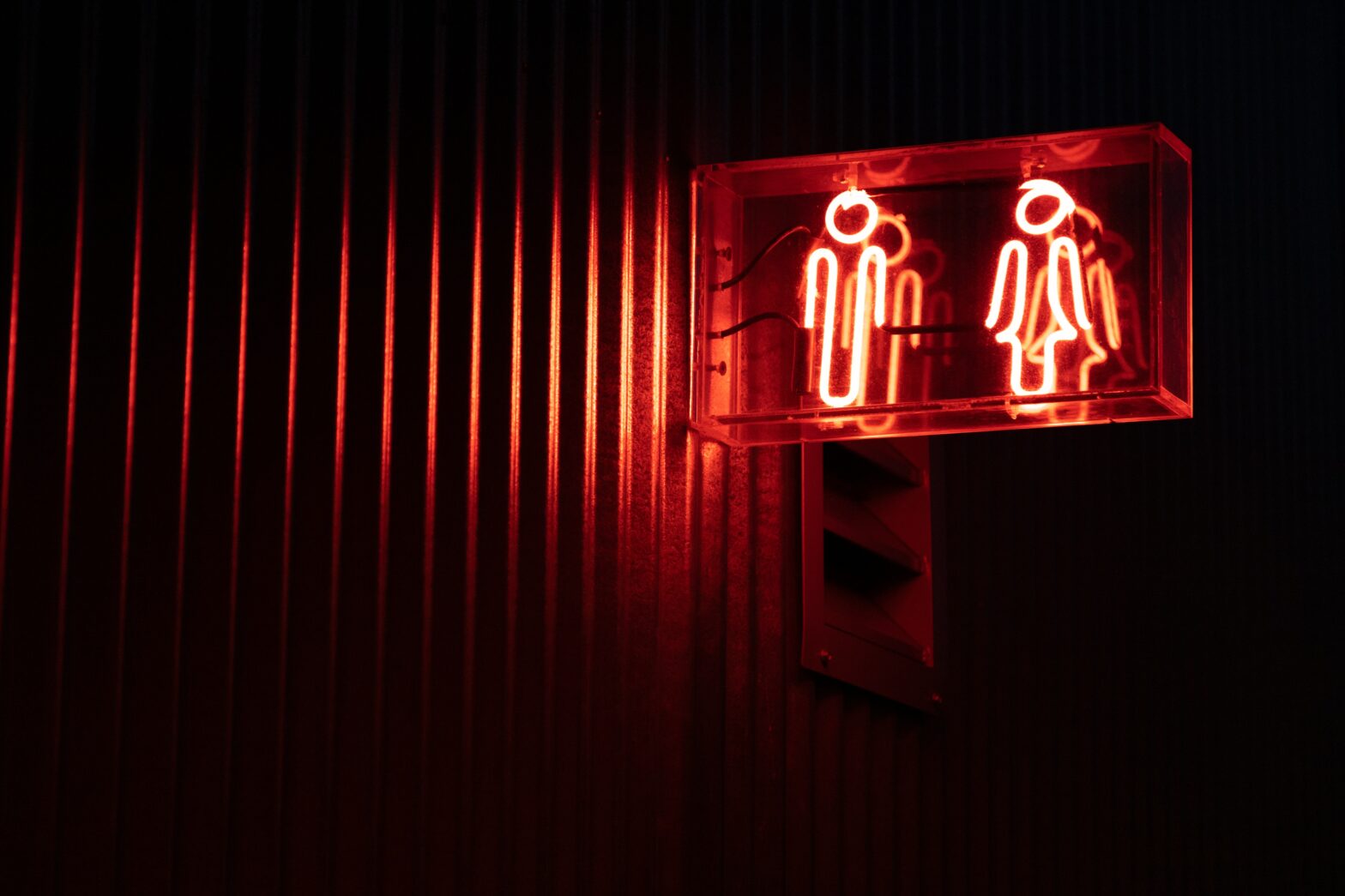Aktie Twitter Facebook Email Copy URL
Infrastructure socialism, or: why collective consumption makes people happy

Nur in englischer Sprache!
Mario Candeias, Barbara Fried, Hannah Schurian, Eva Völpel, and Moritz Warnke all work at the Rosa-Luxemburg-Stiftung’s Institute for Critical Social Analysis and are on the editorial board of LuXemburg, where this article first appeared.
The COVID-19 pandemic has once again exposed extreme inequalities in access, life opportunities, and means of consumption under global capitalism. It shows that basic needs—from health care to education and housing must be safeguarded in such a way that they are able to withstand such crises. At the same time, fierce disputes are erupting over how to distribute the costs of the crisis. Private companies are trying to shift their losses onto the public purse. On top of public debt, there is the threat of a fresh round of austerity policies as well as renewed attacks by employers.
The defense of the welfare state is thus entering a new cycle. It should not, however, be fought as a defensive struggle that simply seeks to preserve that which is under threat. Instead, it is time for a thorough overhaul of the welfare state in order to correct its old mistakes. But what does a welfare state that is prepared for the coming decades and crises actually look like? How can we prevent division among capitalism’s subalterns from deepening further? Capitalist elites always attempt to use crises to expand their own room to maneuver at the expense of wage earners. What could an alternative to this look like? And where is such an alternative being fought for already?



